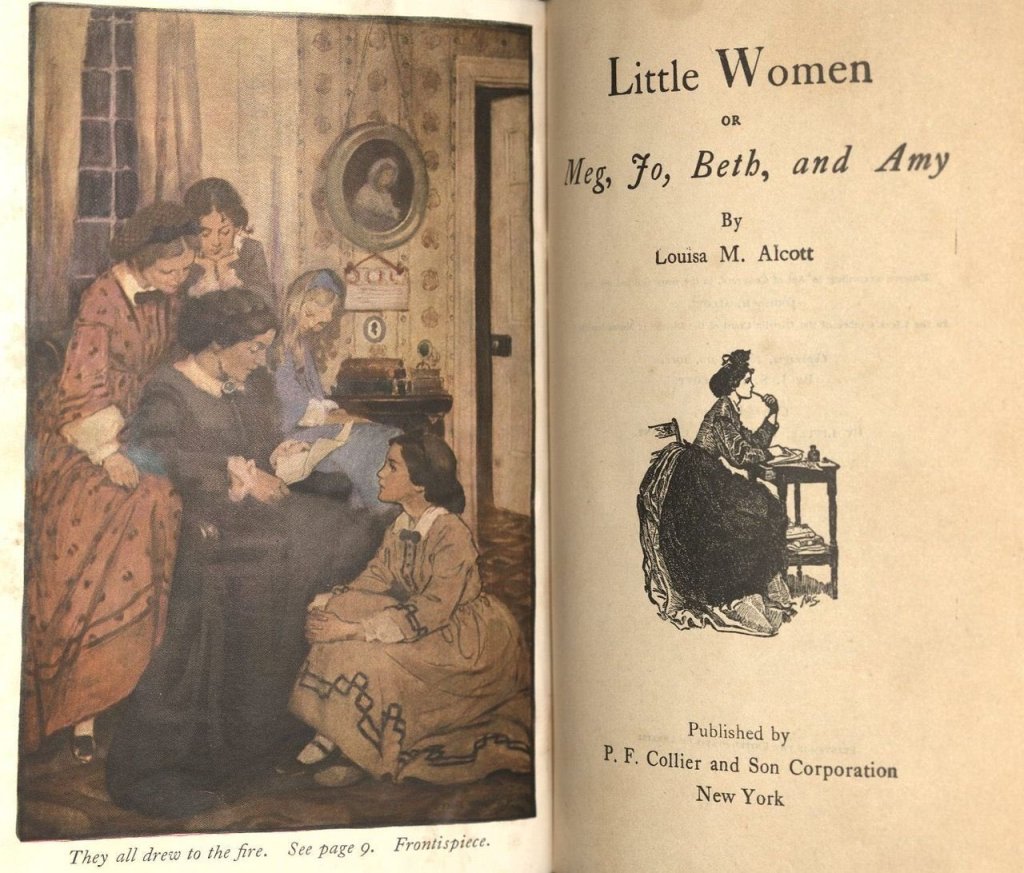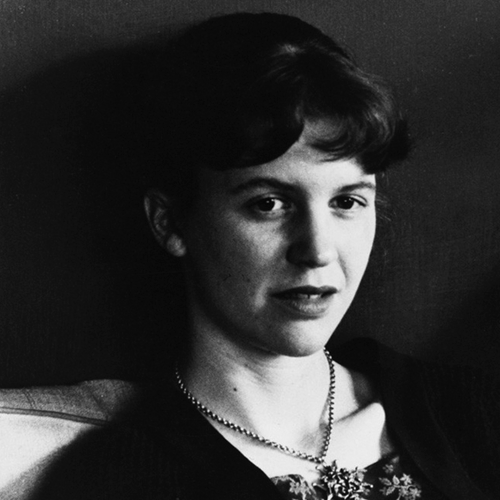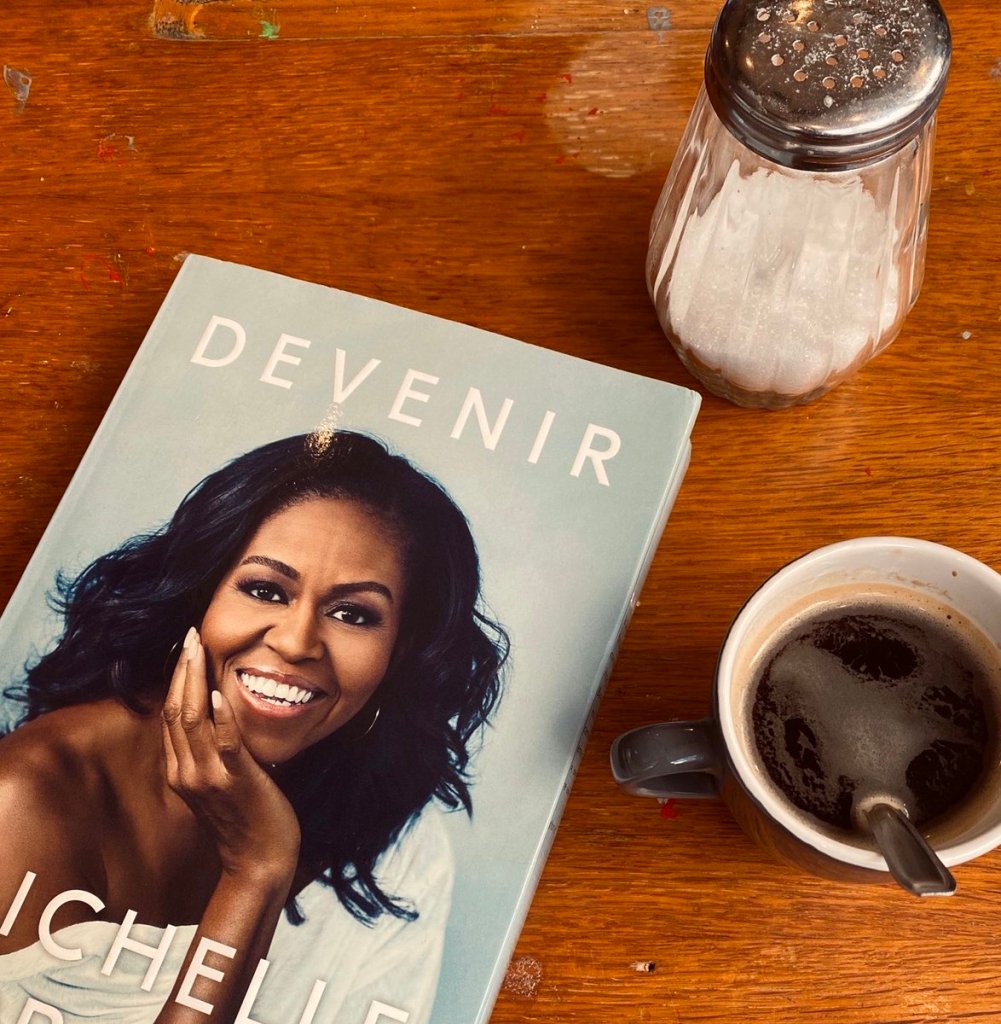
Incredible.
Just incredible.
This is the first time I am writing a review, and I am glad to give my opinion on this incredible work of art. Why have I waited 2020 to read Little Women?
First of all, I’d like to mention that I am a French woman and that English is not my native tongue: I’ve chosen to read Little Women in English to fully appreciate Alcott’s style. I am not going to lie, I am not a very cultured person and I didn’t know who Louisa May Alcott was for a long time. When I mentioned the title to my mother, translated as Les Quatres Filles Du Docteur March, she immediately thought about the 1994’s adaptation of the book, but she never heard of Louisa May Alcott.
When did I first heard of the novel itself? Well, ironically, it was on the TV series Friends. So, I had been spoiled a major element of Little Women before I even knew what the story was about: don’t worry Joey, I wanted to put the book in the freezer as well. As Rachel qualified the novel as a “classic” that she could read over and over again, I immediately wanted to read the book. Well, I didn’t read it immediately. Now again, I am not going to lie, when I saw that an adaptation of the book (starring Emma Watson, Lauren Dern, Meryl Streep, Thimothée Chalamet etc.) was in production, I was motivated again to finally start reading it. I wanted to read the novel, before seeing any adaptation. So here I am, I’ve finally finished the book.
Now, what can I say about it? (spoiler alert starting from here, if you haven’t read the book yet)
These little women are extremely relatable, I think I identified myself with the four girls at the same time. This is the story of four girls, who had lived as rich girls, and who are trying to unlearn what they had been taught: the whole novel is a moral lesson. In the second part of the book, they are trying to find their places in the universe, which is a really hard: they are struggling to discover who they are, just like anybody when becoming adults.
Meg, the eldest, found happiness in her new position as a housewife, although it was hard for her to adapt to her new life. I admire her, for she never gave up on John, and she defied Aunt March for the sake of true love. She had been used to luxury, and having friends who make a good living, makes you, sometimes, want more. However, it the end, she enjoys the simplicity of her life, just like she should. The lesson I’ve learned through Meg is that you should enjoy your life as it is, and not to envy others. Simplicity brings happiness, and that is how I relate to her.
Jo is the wild sister, I appreciated her very much throughout the novel. From her, I learned that you shouldn’t force yourself to love someone, just because society wants you to (as she rejected Laurie). The death of her sister was really hard on her, and she was the most relatable character concerning grief. Her true self, as far as writing is concerned, was revealed when she was grieving, and writing allowed her to express her sorrow: she was more inspired by her feelings than by money or fame. As Mr. March said “humour and pathos make it alive, and you have found your style at last. You wrote with no thought of fame or money, and put your heart into it, my daughter; you have had the bitter, now comes the sweet. Do your best, and grow as happy as we are in your success”.
Beth. Oh my poor little Beth. I knew her fate, and yet, her death gave me chills. Her purity is so touching. “So the spring days came and went, the sky grew clearer, the earth greener, the flowers were up fair and early, and the birds came back in time to say goodbye to Beth, who, like a tired but trustful child, clung to the hands that had led her all her life, as Father and Mother guided her tenderly through the Valley of Shadow, and gave her up to God”. I was, however, disappointed in the other characters’ reactions concerning her death: I was expecting more, especially of Mr. Laurence. He already lost his first little girl, and then he lost another one. Nevertheless, Beth’s purity and kindness influenced everyone and made people want to be better persons. I know that I want to be a better person. I try everyday to be the kindest person I can be towards people around me, but I still have a long a way to go before achieving Beth’s kindness.
Amy. How did I despised her in the first part of the novel. Why? Because I realized I am just like her. She is ambitious, and deep down, everybody has ambitions or dreams they want to achieve; and as said in the book, “the world is hard on ambitious girls”. It’s still is today, but we need to unlearn those things and be supportive of anybody’s dream(s) and ambition(s). In the end, Amy found herself, and she also found love, and did not marry for money but for love. I was reluctant, at first, of her relationship with Laurie as he was very fond of Jo. But, the truth is that no one should give up on love at the first heartbreak. It hurts, it’s true, but everybody can heal from it. Love is complex, and we can find it when we expect it the least.
Now, I still wondering whether I should read Little Men and Jo’s Boys, as I read that it was not as great as Little Women and saw many critics about Jo as a character. I’ll think about it, but I am pretty sure that I eventually will read them someday.

After I finished reading the novel, I immediately watched the 2020 adaptation of Little Women by Greta Gerwig. Of course, it is not as great as the book itself, but I loved how Gerwig justified the ending of Little Women. If you didn’t know, Alcott was, in some way, forced to write a different ending to her novel, which still causes a lot of debates nowadays.
In Gerwig’s adaptation, Jo embodies Alcott: Jo becomes the writer of a book entitled Little Women. She had to change her ending, and make her main character marry somebody, so that she could keep the copyrights of her novel, of her own writing. That is what I love the most about Gerwig’s adaptation.
I am not a cinematographic expert, but I think that, as a whole, I would definitely recommend this adaptation of Little Women; despite the small changes Gerwig had to make.

Thank you for taking your time to read my review, I hope you enjoyed reading it.
With love,
NANCEY Sophia.
















